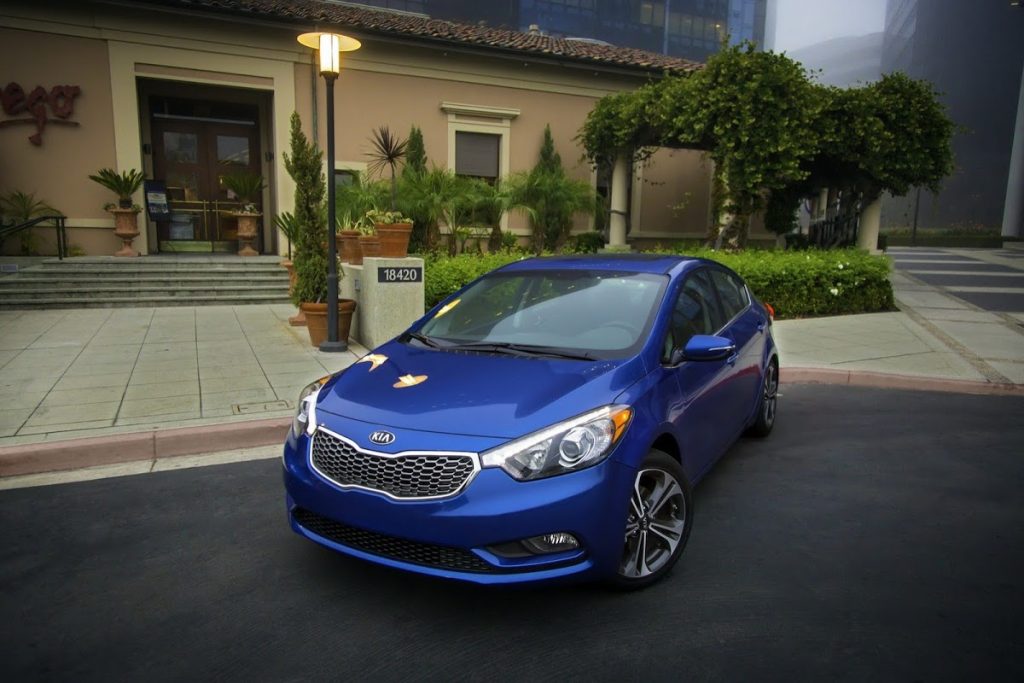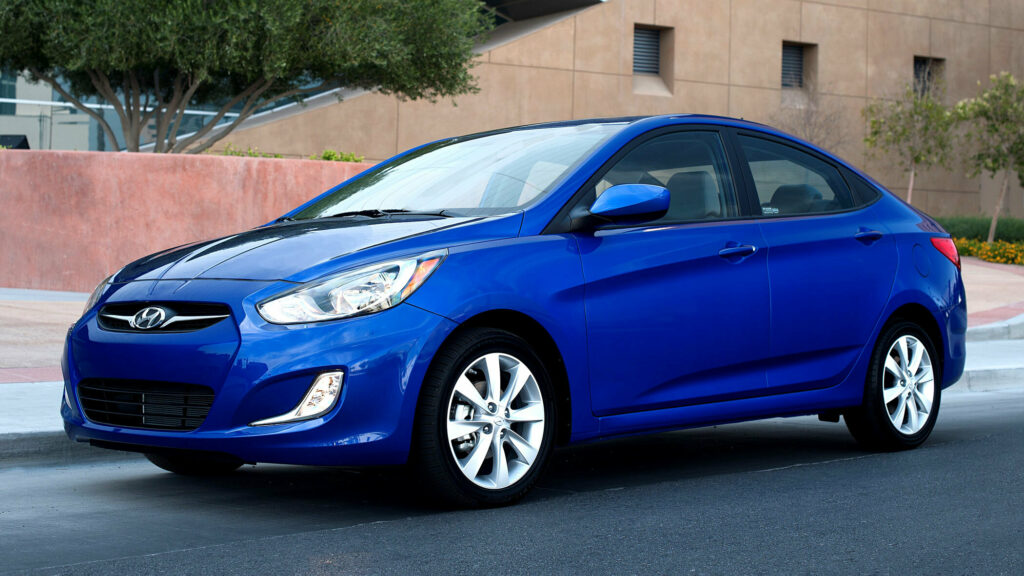Seattle City Attorney Ann Davison says that the city is suing Korean automakers Kia and Hyundai for their role in a recent spike in car thefts. That role is in manufacturing cars that are too easy to steal and then not doing enough to help once the problem got out of hand. It’s just the latest in a long saga of trouble surrounding this particular subset of vehicles.
Last year, posts on social media demonstrated how easy it can be to steal some Kia and Hyundai models produced from 2011 through 2021. Importantly, the vehicles in question use a traditional keyed ignition and do not have an immobilizer system. Subsequently, there’s been a spike in thefts of those vehicles across the USA.
The automakers responded by offering aid in the form of steering wheel locks for free and a security kit that owners have to pay for. The City of Seattle says that’s not enough and that it’s taking Hyundai and Kia to court over their actions. “As a result of this, a police force has had to tackle a huge rise in vehicle theft,” said Davison. “With already stretched resources, it’s risen to the level of a public nuisance. And so we are pursuing that to make sure we can get the problem fixed once and for all.”
More: Undercover NYPD Kia Stolen, Reportedly Taken On Joyride Before Crashing

Kia and Hyundai responded to a request for comment to Q13Fox with the following statements:
“Hyundai believes this lawsuit is improper and unnecessary. In response to increasing thefts targeting our vehicles without push-button ignitions and immobilizing anti-theft devices in the United States, Hyundai Motor America has made engine immobilizers standard on all vehicles produced as of November 2021. Additionally, Hyundai has taken a series of actions to deter thefts of affected vehicles, including an upcoming software update scheduled to be available beginning next month and provided at no cost to customers.
“Hyundai is also providing free steering wheel locks, as available, to select law enforcement agencies across the country, including in the Seattle area, for distribution to local residents who own or lease affected models. Owners may also bring their vehicles to a local Hyundai dealer for the purchase and installation of a customized security kit. We apologize for the inconvenience to affected customers.
“Hyundai is committed to ensuring the quality and integrity of all our products through continuous improvement. Hyundai quality is among the best in the industry, ranking third among all brands in the 2022 U.S. Vehicle Dependability Study (VDS) and historically above the industry average in J.D. Power’s U.S. Initial Quality Study (IQS).”
Kia issued this statement:
“Kia remains concerned that criminal actors are targeting certain Kia cars with a steel key and “turn-to-start” ignition systems. While no car can be made completely theft-proof, Kia continues to make steering wheel locks available to customers through interested local law enforcement agencies, subject to available supply, at no cost to concerned owners of these vehicles. Kia also continues its efforts to develop additional solutions for vehicles not originally equipped with an immobilizer, including the development and testing of enhanced security software designed to restrict operation of the vehicle’s ignition system.
“Kia has started notifying owners of certain models of the availability of this software upgrade at no cost, and Kia anticipates that it will make software upgrades available for most affected vehicles over the next few months. All 2022 models and trims have an immobilizer applied either at the beginning of the year or as a running change, and all Kia vehicles meet or exceed Federal Motor Vehicle Safety Standards.
“It is Kia America’s policy to not comment on pending litigation. Kia customers with questions regarding their Kia vehicle should contact the Kia Consumer Assistance Center directly at 1-800-333-4542 (Kia).”
The ultimate question is whether these two automakers can be blamed for the actions of thieves who break the law. A number of lawsuits across the nation are going forward with that question in mind. If found guilty, could it be that other automakers are liable for making vehicles that themselves make it too easy to speed? Or with sound systems or exhausts that make it too easy to violate noise codes? Only time will tell.




